Xinjiang leaders warn against religious extremism
Updated: 2014-04-08 07:32
By Cui Jia in Urumqi (China Daily)
|
||||||||
The number of mosques and religious leaders in the Xinjiang Uygur autonomous region can fully accommodate local Muslims' normal religious activities that are protected by law and fundamentally different from religious extremism, the deputy director of the Xinjiang Islamic Association said on Monday.
Abudulrekep Tumniaz, also a religious leader and the dean of Xinjiang Islamic Institute, said such extremism has threatened the region's stability.
"Religious extremism is a political issue rather than a religious one. As a border region with people from various ethnic groups following different religions, many social problems in Xinjiang are intertwined with religious and ethnic issues," he said.
"That's why terrorists and separatists use religious extremism to brainwash people and instigate hatred to achieve their political goals."
He added that Muslims in Xinjiang need to stay away from religious extremism.
"We have more than 24,200 mosques and 27,000 religious leaders in Xinjiang. They could satisfy people's need to practice Islam," he said.
Xinjiang has about 10 million Muslims.
Abudulrekep's remarks came after Nur Bekri, the region's chairman, published a column in Xinjiang Daily on Monday, vowing to keep religious extremism from spreading.
Many terrorist incidents in recent years are closely related to religious extremism, which takes advantage of people's faiths. Also, young people who follow religious extremism blindly and even carry out terrorist attacks are the victims of separatist, extremist and terrorist forces, Nur Bekri said.
Shawkat Yimin, a Xinjiang regional Party leader, who is in charge of religious and ethnic affairs, said that a majority of the terrorist attackers have watched videos of religious extremism, and some have shouted extreme slogans out loudly during attacks. They have lost the basic humanity and rational thoughts, so their brutality and bloodiness are beyond the understanding of normal people, he added.
Nur Bekri said that extremists forbid believers to watch TV, listen to radios, read newspapers or even "laugh during weddings or cry during funerals". They also claim that medicine, cosmetics, clothing and life necessities produced elsewhere are non-halal. Even government-subsidized housing is classified as a forbidden item.
Extremists also urge people to destroy legal documents, including ID cards and marriage certificates.
Nur Bekri said the government will curb the spread of religious extremism and help people distinguish normal religious activities from extremist acts.
cuijia@chinadaily.com.cn
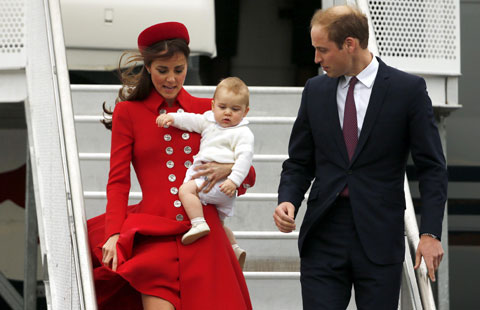
 Poor weather greets baby prince
Poor weather greets baby prince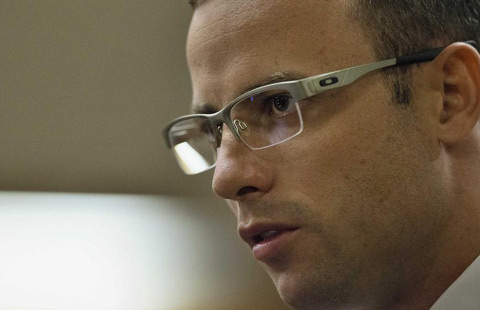
 Pistorius takes stand in own defence at murder trial
Pistorius takes stand in own defence at murder trial
 China minister cautions US
China minister cautions US
 Tarena fizzles in its market debut
Tarena fizzles in its market debut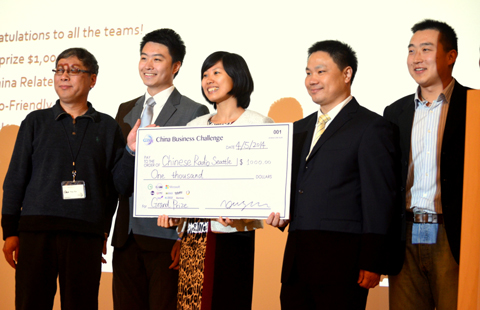
 Young entrepreneurs get a lift in Seattle
Young entrepreneurs get a lift in Seattle
 Latest signals fuel hope
Latest signals fuel hope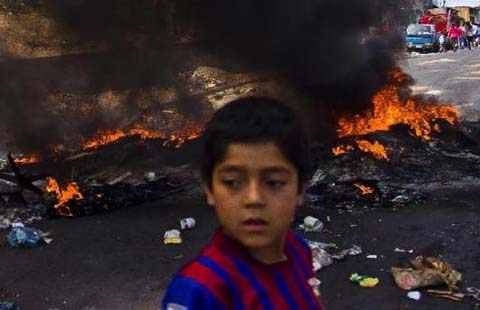
 Chilean quake-affected residents demand more help
Chilean quake-affected residents demand more help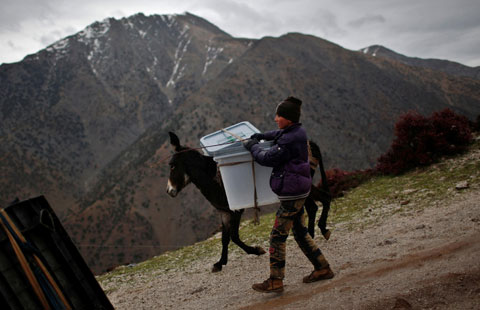
 Ballot boxes on donkeys in Afghanistan
Ballot boxes on donkeys in Afghanistan
Most Viewed
Editor's Picks
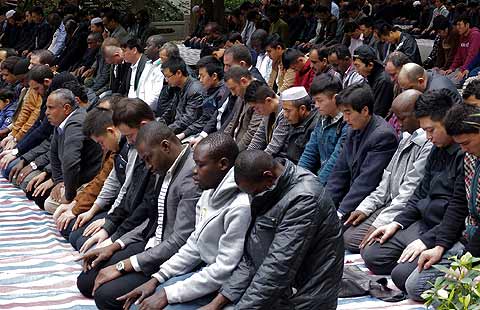
|

|

|

|

|

|
Today's Top News
Carrier visit underscores transparency
Tech gap exposed in jet search
Kids shine at Augusta National
'Japan, US differ in alliance expectations'
China tours by Pentagon chiefs
Chinese military institutions visited by US officials
Pro-Russians declare independence in eastern Ukrainian city of Donetsk
Hagel often at odds with his party
US Weekly

|

|








